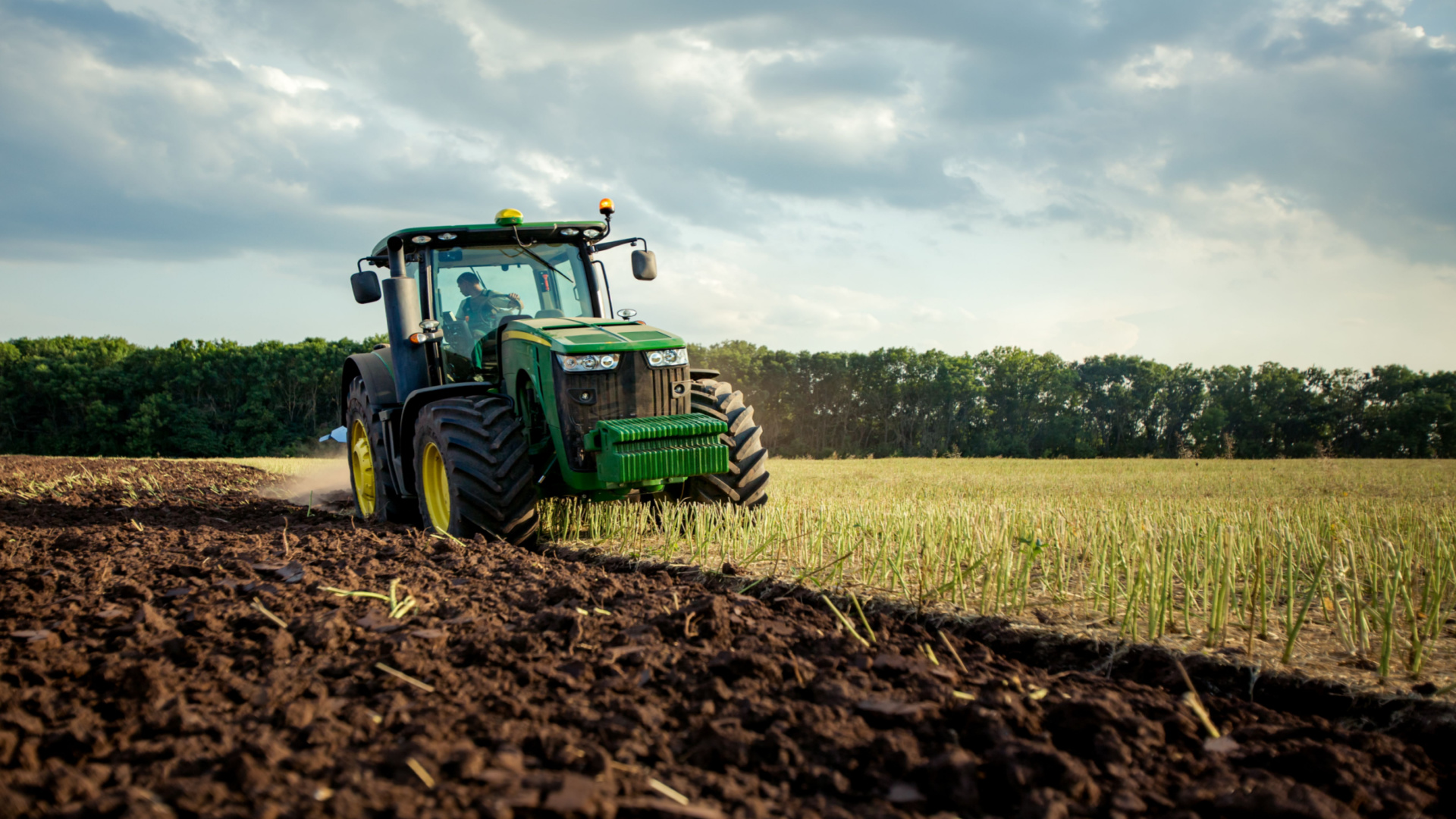This systematic literature review aims to provide an overview of research relevant to farmers’ psychosocial work environment and mental health. It contains knowledge about challenges faced by farmers, their consequences in the forms of stress and risk of mental illness, and capacity to deal with these challenges themselves or through various forms of support. Important aspects also include the occupation’s health factors and opportunities for development that contribute to a good working environment.
Being a farmer is more of a lifestyle than an occupation. The freedom that comes with the occupation is more important to many farmers than a high income. Farmers also have a strong relationship with the place where they live and work, which is important to them and a central part of their identity. The farm symbolizes their values and personality as they have usually built everything from the ground up themselves. The overwhelming majority of farms are family farms, where farmers live and work alongside their partners and children, sometimes with parents or parents-in-law. Many farms have been owned by the family for several generations and farmers live in harmony with the changes of the seasons, much closer to animals and nature than is usual in other occupations and forms of business.
External factors that can affect
The results show that the health and safety risks identified in farmers’ psychosocial work environment are workload, finances, climate change and weather conditions, crime, globalization, laws and regulations, masculine norms and loneliness, isolation, and a lack of support.
Issues involving poor mental health are generally more prevalent among farmers, especially older farmers, than in other occupational groups. Farmers have a higher incidence of depression and suicide attempts than other occupational groups, and mental illness among farmers has increased in recent years.
Health factors
Health factors in the psychosocial work environment of farmers are not as well studied as risk factors. The identified health factors are: the bond felt by the farmer to the cultivated land, environmental and social responsibility, the ability to work, to be outside, to work physically, to eat well, a good working and living environment, to work with animals, a reasonable workload, self-motivation, social support and a sense of belonging, an income that did not come from working on the farm and the ability to work after retirement age.
Farmers’ ability to withstand and recover from the stress they face in their occupational role (resilience) varied between individuals. Support from family, nature and animals, and setting limits to work commitments, relaxing, or doing activities other than working also contributed to strengthening their resilience. Resilience is something that can be learned, which can be helpful for farmers. Farmers use different personal strategies to manage the stress they are exposed to (coping), and different coping strategies can also contribute to building farmers’ resilience. This can involve planning, positive reappraisal (change in attitude to stressful events, humor, and leisure) and getting help and support from others. Furthermore, acceptance can be used as a coping strategy. More negative strategies can involve avoidance, as well as blaming oneself or others. This may also involve suppressing emotions, avoiding problems, or consuming alcohol.
According to several studies, the fact that farmers seem to be less likely to seek out and make use of resources and mental health services is due to a lack of regional resources and occupation-specific understanding of the target group. Farmers had the greatest confidence in, and were therefore most receptive to, information about mental health from doctors, as well as from their spouses/family members and friends. The wider agricultural community can contribute to social support, education, and mentoring programs for farmers with symptoms of stress and depression. Future suicide prevention efforts for farmers can also be carried out through education, training programs and national campaigns.
Knowledge gaps
In the systematic literature review it has also been established that there is a need for more knowledge regarding: female farmers’ working conditions and mental health, and the consequences of changes in the countryside brought about by deteriorating community services and increased crime. Studies and evaluations of various forms of support and interventions to support farmers’ mental health are needed on a larger scale. An EU report on the future working environment in agriculture also points to the importance of increased knowledge about the stress factors expected to be linked to climate change, economic and financial stress, increased demands from government agencies and consumers, and negative criticism of agriculture, including militant activists.
